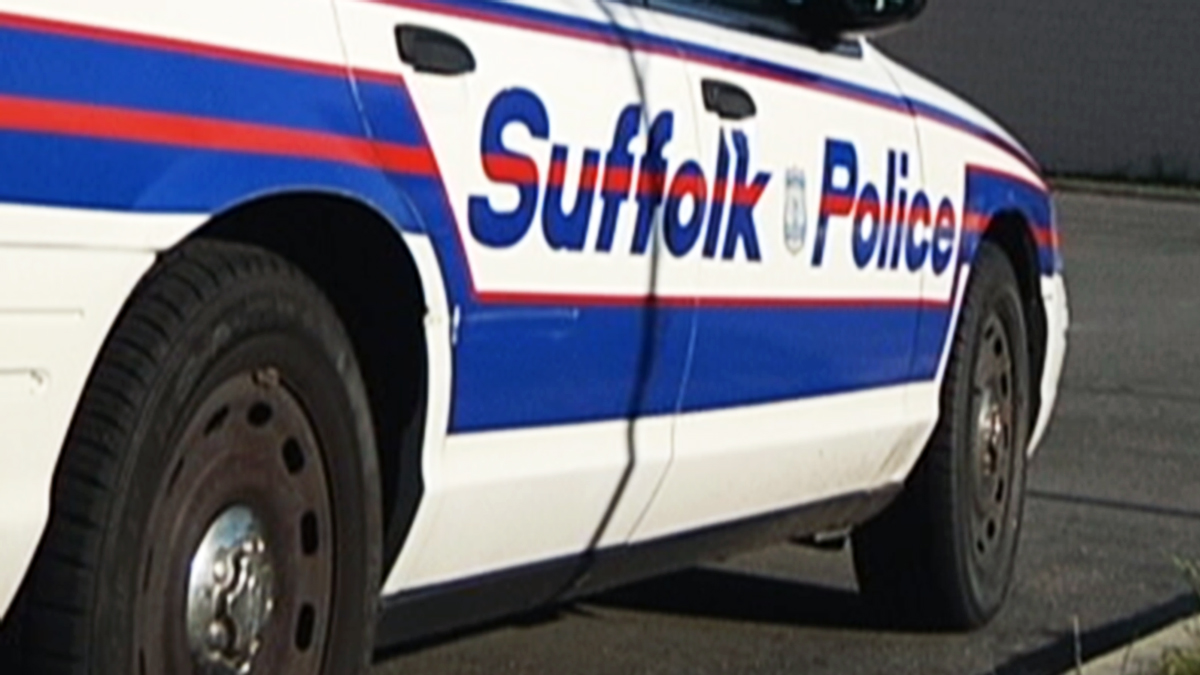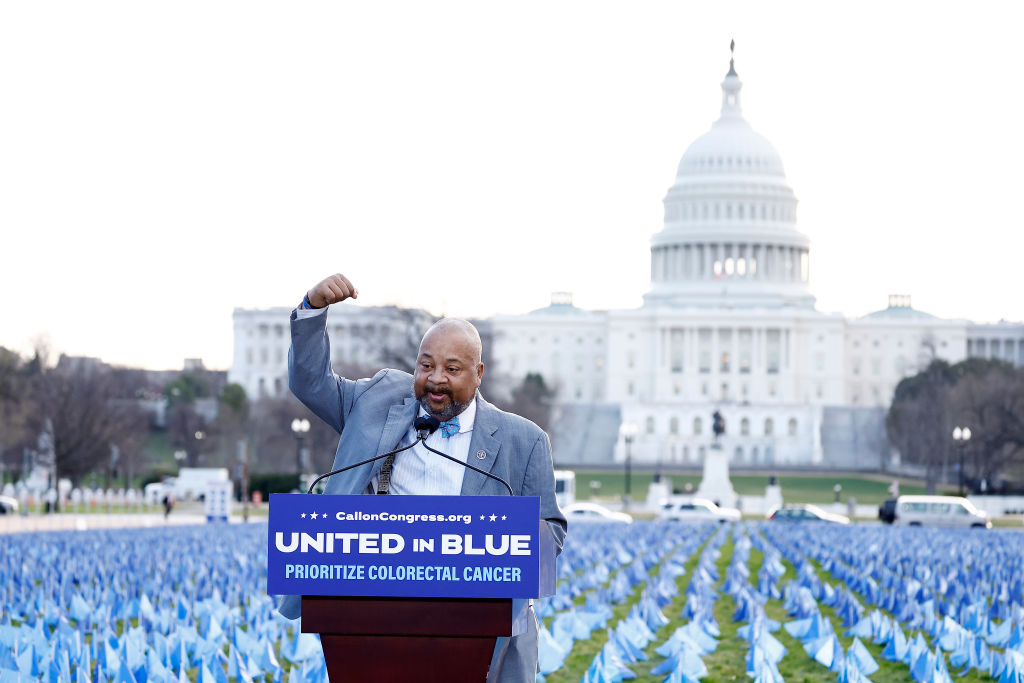The second and final debate between Mayor Michael Bloomberg and Comptroller Bill Thompson, was lively but not too informative.
They slugged it out, sometimes with dubious regard for facts, but neither scored a knockout punch.
In contrast to the first debate when Thompson the challenger, like an eager boxer, burst out of his corner and turned on the Mayor with passion, the Mayor this time carried the fight to Thompson.
Bloomberg accused Thompson of wanting to raise taxes, which Thompson denied. He attacked Thompson's stewardship of the comptroller's office but, then, strangely, praised him as the best comptroller with whom he had ever served.
Thompson said again that he would fire all the current commissioners, including Police Commissioner, Ray Kelly, despite Kelly's popularity. Thompson promised he would concentrate in his administration on creating affordable housing----yet didn't explain clearly how he would get the funds to finance it.
When the comptroller lambasted Bloomberg for spending an “obscene” amount of his personal funds, as much as $200 million, to win this election (he's out-spending Thompson by 14 to 1}, Bloomberg ducked. Nor did the Mayor deny he made contributions to community groups to win their support. Thompson described this as “the worst kind of politics.”
The Mayor launched a strong attack on Thompson for accepting campaign contributions from companies that profited from the city's pension fund investments. He attacked Thompson for failing to reform education during his time as President of the Board of Education.
Local
On this front the Mayor re-writes history again and again. When Thompson was president of the board, he did not run the school system. A chancellor chosen by the board did that and Thompson was a key supporter of one of the most innovative of a parade of schools chancellors, Rudy Crew.
The Mayor cited the big gains in reading and math scores since he took control of the school system. He didn't offer an explanation of why outside educational experts say that state school tests are not a good indicator because children are trained to pass these exams. The Board of Regents is investigating that issue now.
A fundamental question that has aggravated many New Yorkers is term limits. Although Thompson didn't dwell on it in this debate, the Mayor has failed to convince many voters that his maneuvers with the City Council and the money he spent to overturn the will of the will of the people [as expressed in two referendums] was justified.
All in all, the confrontation between Bloomberg and Thompson boiled down to: whom do you believe? The mayor projected well the image of who he is: a technocrat, a good businessman with a firm grasp of the city's finances, a politician who doesn't take kindly to criticism. Thompson seemed earnest, confident---yet, even when he was accusing the mayor of “lying” or “distortions,” he remained a perfect gentleman, not a New York brawler.
Thompson projects a certain elegance even when he's assaulting his rival. Bloomberg seems above it all, with an imperial mien, a man who doesn't take kindly to fools.
That's the choice. It's up to the New York voters to decide next Tuesday who the better man is. If present forecasts are accurate, the turnout will be very low. If the majority stays home, that will hardly do credit to either man.



